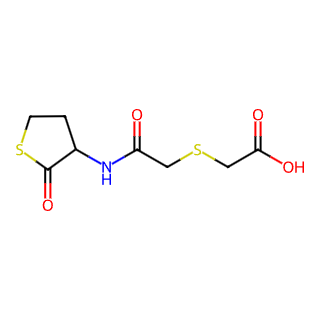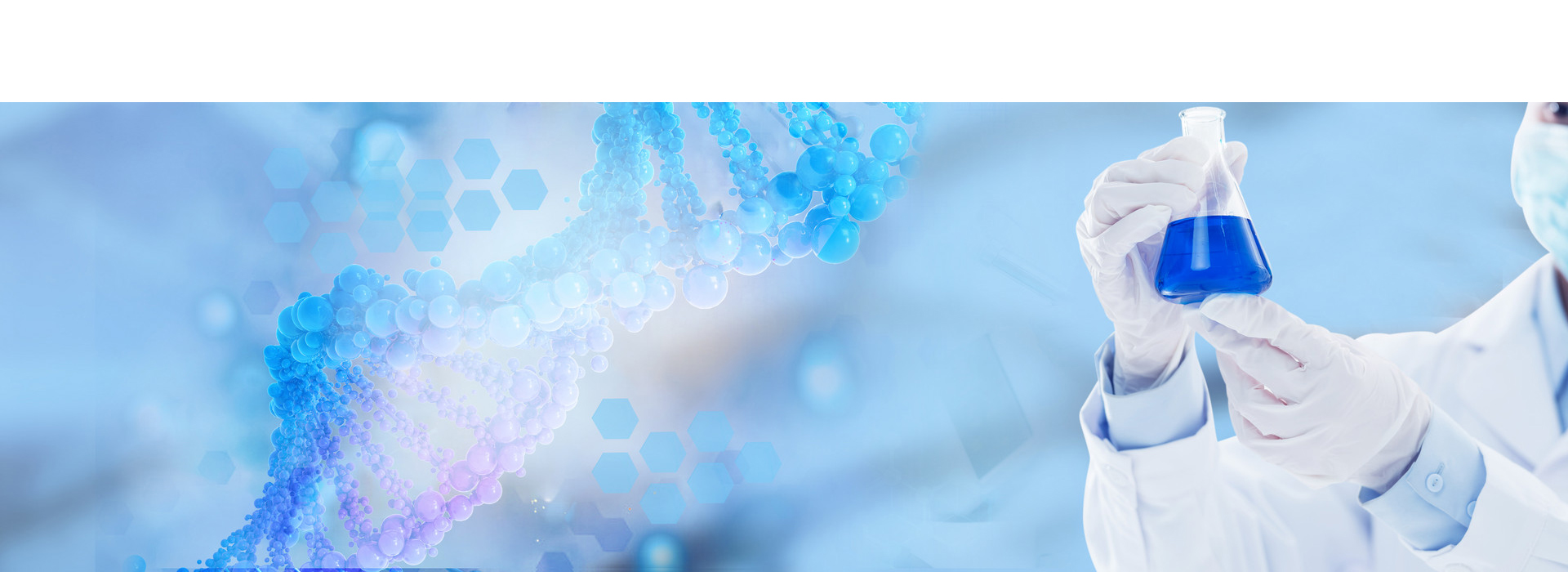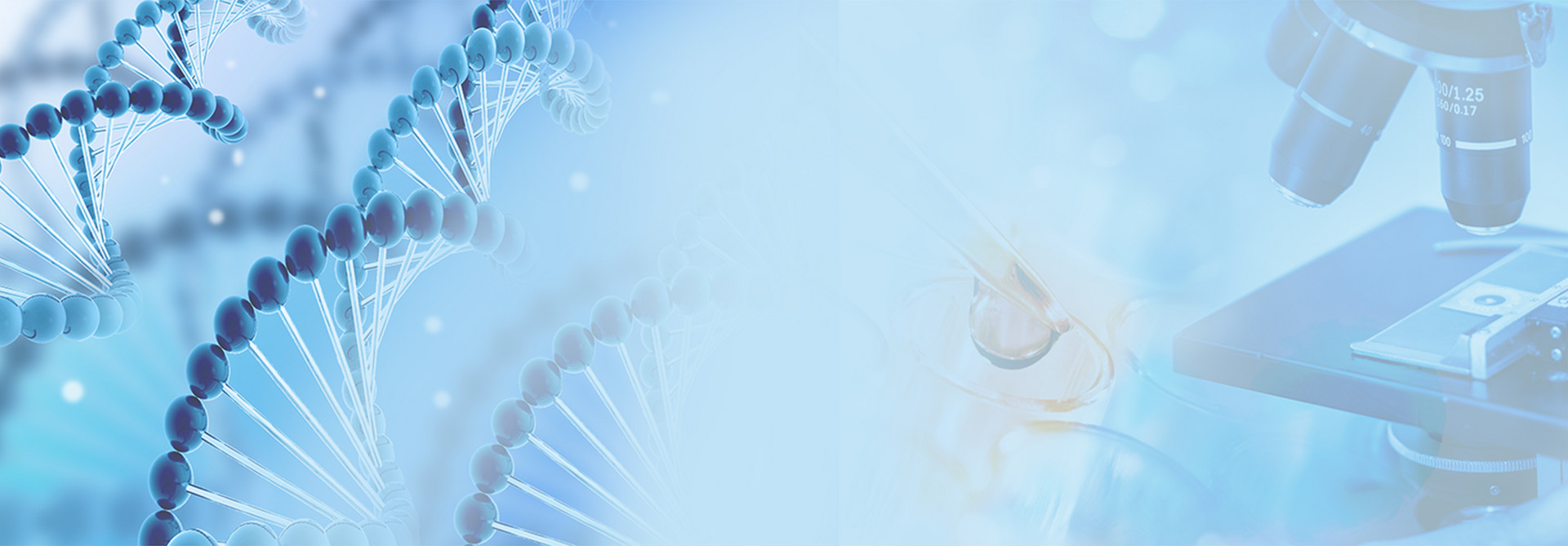- Synthetic anti-infective drugs
- Medications for the digestive system
- Antipyretic and analgesic drugs
- Medications for the blood system
- Medications for the respiratory system
- Anti-allergic drugs
- Medications for the urinary system
- Diagnostic medications
- Immunosuppressive and immunomodulatory drugs
- Vitamins and mineral supplements
- Antioxidants and medications for osteoporosis
- Antiparasitic drugs
- Ophthalmic medications
- Amino acids and their derivatives
- Dermatological medications
- Medications for the circulatory system
- Antitumor drugs
- Medications for the nervous system
- Hormonal and endocrine function-regulating drugs
- Antibiotics
- Others
CAS No.: 84611-23-4




Erdosteine is a medication that exhibits mucolytic, antibacterial, anti-inflammatory, and antioxidant properties.
Basic Information
English Name: Erdosteine
CAS Number: 84611-23-4
Molecular Formula: C8H11NO4S2
Molecular Weight: 249.31
Pharmacological Effects
Erdosteine is a mucolytic agent whose molecular structure contains encapsulated thiol groups (-SH). In the body, these encapsulated thiol groups are biotransformed by the liver into active metabolites containing free thiol groups, which then exert their mucolytic effects. The specific pharmacological effects include:
Mucolysis: The metabolites containing free thiol groups can break the disulfide bonds in glycoproteins in bronchial secretions, thereby reducing the viscosity of mucus and facilitating its excretion.
Antioxidant Effect: Erdosteine protects α1-antitrypsin from inactivation due to free radical oxidation, thereby protecting lung elastin and preventing the occurrence of emphysema.
Enhanced Antibiotic Penetration: Erdosteine increases the concentration of antibiotics in mucus, thereby enhancing their efficacy.
Increased Mucociliary Clearance: Erdosteine enhances the transport function of the mucociliary system, promoting the excretion of mucus.
Clinical Applications
Erdosteine is mainly used for the treatment of acute and chronic bronchitis, respiratory obstruction caused by viscous mucus, and other symptoms. Additionally, it can be used for respiratory obstruction and mucus viscosity caused by sinusitis, otitis media, pharyngitis, and colds.

Tai Yau Street, San Po Kong, Kowloon, Hong Kong, China.



